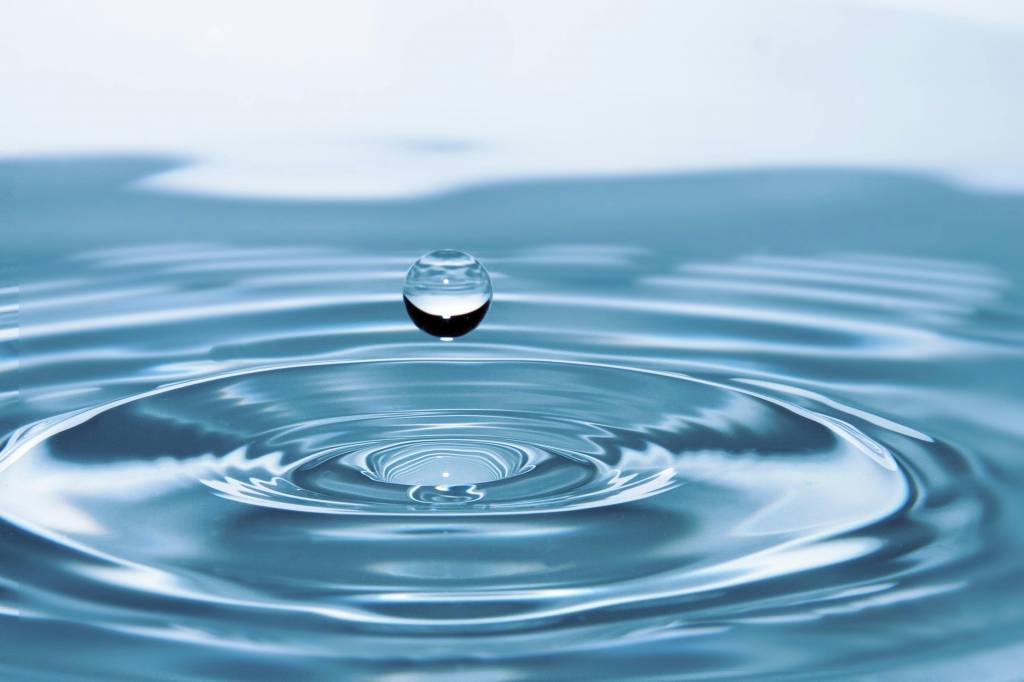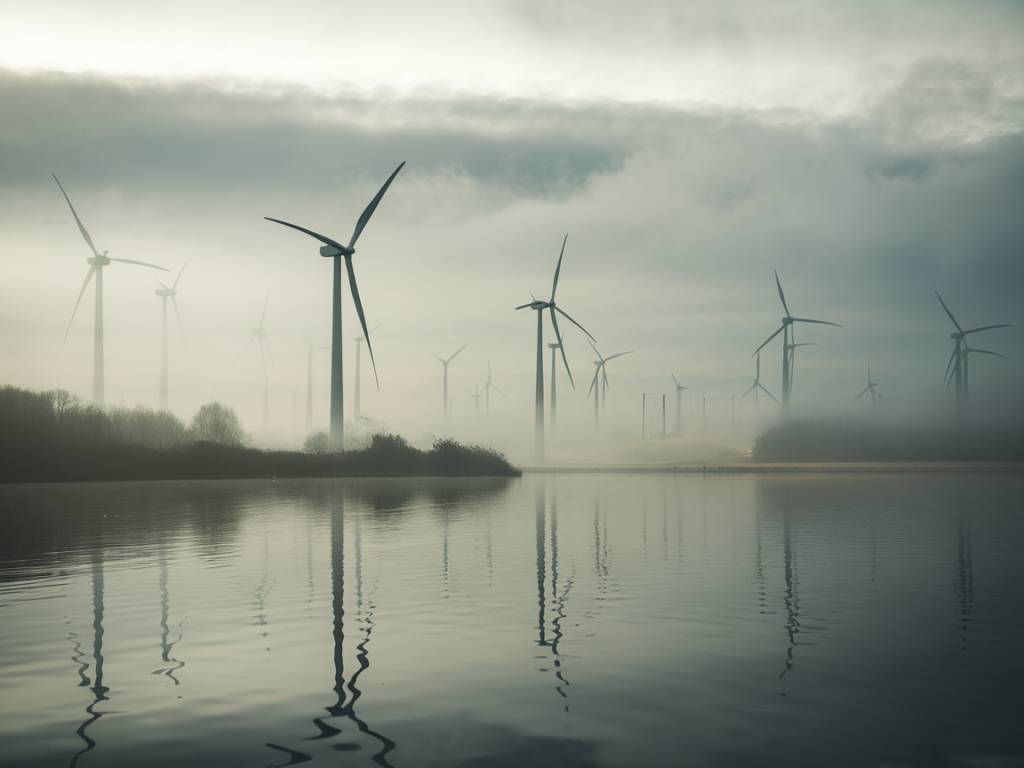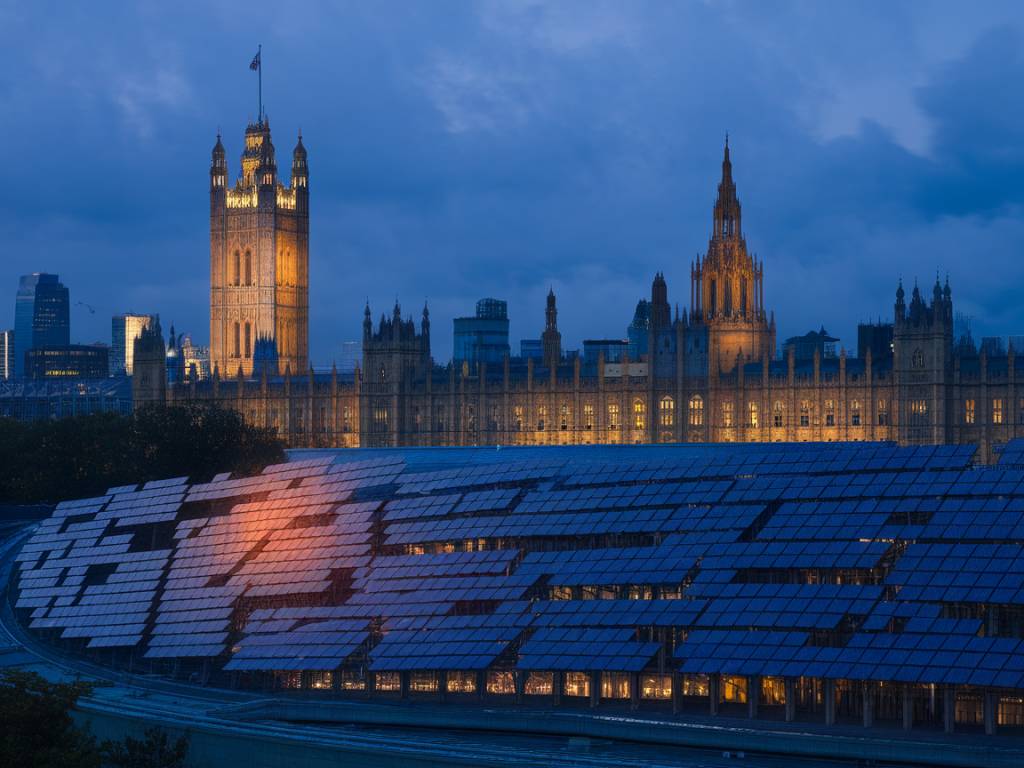As global populations continue to grow and freshwater resources become increasingly scarce, innovative solutions for sustainable water management are crucial. Wastewater reuse, also known as water recycling, offers an effective way to address this challenge by turning what was once considered waste into a valuable resource. Not only does this practice contribute to water conservation, but it also has a significant positive impact on the environment. In this article, we will explore the various environmental benefits of wastewater reuse, discussing its role in water conservation, pollution reduction, and ecosystem protection.
Water Conservation
One of the most obvious benefits of wastewater reuse is its potential to conserve freshwater resources. By treating and reusing wastewater, communities can reduce their dependence on traditional water sources such as rivers, lakes, and aquifers. This is especially important in arid and semi-arid regions where water scarcity is a pressing issue.
Reusing wastewater for purposes like irrigation, industrial processes, and even potable uses allows for a more sustainable allocation of freshwater. By supplementing or even replacing the use of fresh water in these areas with recycled water, ecosystems that rely on natural water bodies are less stressed, ensuring that these crucial habitats are preserved for future generations.
Reduction in Pollution
Another significant environmental benefit of wastewater reuse is the reduction of pollution in natural water bodies. When untreated or inadequately treated wastewater is discharged into rivers, lakes, and oceans, it can lead to significant pollution and degradation of these ecosystems. Pollutants such as nutrients, pathogens, and toxic substances can lead to harmful algal blooms, loss of biodiversity, and threats to human health.
By treating wastewater to a high standard and reusing it, we can minimize the amount of pollutants released into the environment. This not only protects aquatic ecosystems but also helps to maintain water quality, making it safer for human and wildlife consumption. The process of treating wastewater for reuse often involves advanced technologies, which ensure that the water is cleansed of harmful substances before it is returned to the environment or used in other applications.
Ecosystem Protection
Healthy aquatic ecosystems are vital for maintaining biodiversity and providing various ecosystem services, such as flood regulation, climate moderation, and recreational opportunities. Wastewater reuse contributes to the protection of these ecosystems by reducing the need for water extraction and by controlling pollution levels.
When water is drawn excessively from natural sources to meet human demands, it can lead to reduced flow levels, disrupting habitats and threatening the species that depend on them. By substituting freshwater with reused water, we can help maintain ecological balance and water flow in these environments, ensuring that they remain vibrant and resilient.
Energy Savings and Carbon Footprint Reduction
The process of extracting, transporting, and treating fresh water can be energy-intensive, particularly in areas where water needs to be pumped over long distances or treated extensively to meet quality standards. Wastewater reuse can offer significant energy savings by reducing the need for such activities.
Using treated wastewater locally for irrigation or industrial purposes can significantly cut down on the energy needed for water transport. Additionally, advanced wastewater treatment processes, while initially demanding energy, can be optimized for efficiency, making them more sustainable over the long term.
Furthermore, reducing the energy required for water management also helps to lower greenhouse gas emissions, contributing to a smaller carbon footprint. This is an essential consideration in efforts to combat climate change and promote sustainable development.
Increased Resilience to Climate Change
Wastewater reuse can also enhance a community's resilience to climate change. As climate change leads to more frequent and severe droughts and floods, having a reliable alternative water source in the form of recycled wastewater can be invaluable. During periods of drought, primary water sources may become scarce or even depleted, but communities that have invested in wastewater reuse can continue to meet their water needs without excessive strain on their environment.
Additionally, by providing a buffer during extreme weather events, wastewater reuse helps stabilize water availability and supports the continued functioning of critical services and businesses, further supporting economic stability in the face of climate variability.
Supporting Sustainable Agriculture
Agriculture is one of the largest consumers of water globally, and it also produces significant amounts of wastewater. Reusing treated wastewater for agricultural irrigation can contribute to sustainable farming practices by reducing the demand for freshwater and minimizing the environmental footprint of food production.
Using wastewater for irrigation can help close nutrient loops since treated wastewater often contains nutrients like nitrogen and phosphorus, which are beneficial for plant growth. This reduces the need for synthetic fertilizers, which are costly and can have negative environmental impacts when overused. In this way, wastewater reuse can support more sustainable, integrated farming systems that work in harmony with natural processes.
Promoting Innovation and Technology Development
The drive to implement and optimize wastewater reuse systems has spurred innovation and technological advancements in water treatment processes. Technologies such as membrane bioreactors, advanced oxidation processes, and UV disinfection have all seen significant development and deployment in service of wastewater reuse.
Such technological advancements not only improve the efficiency and efficacy of wastewater treatment but also open up new possibilities for the reuse of water in sectors that were previously not feasible. As these technologies continue to evolve, they will create opportunities for further environmental benefits and resource savings.
Wastewater reuse represents a promising solution to some of the most pressing environmental challenges of our time. Its ability to conserve water, reduce pollution, protect ecosystems, and foster sustainable practices makes it an essential component of modern water management strategies. Companies like Veolia are actively contributing to this transformation by developing and implementing innovative systems for wastewater treatment and reuse. As we continue to explore and expand the possibilities of wastewater reuse, we take steps towards a more sustainable and resilient future, where the balance between human needs and environmental protection can be maintained.




